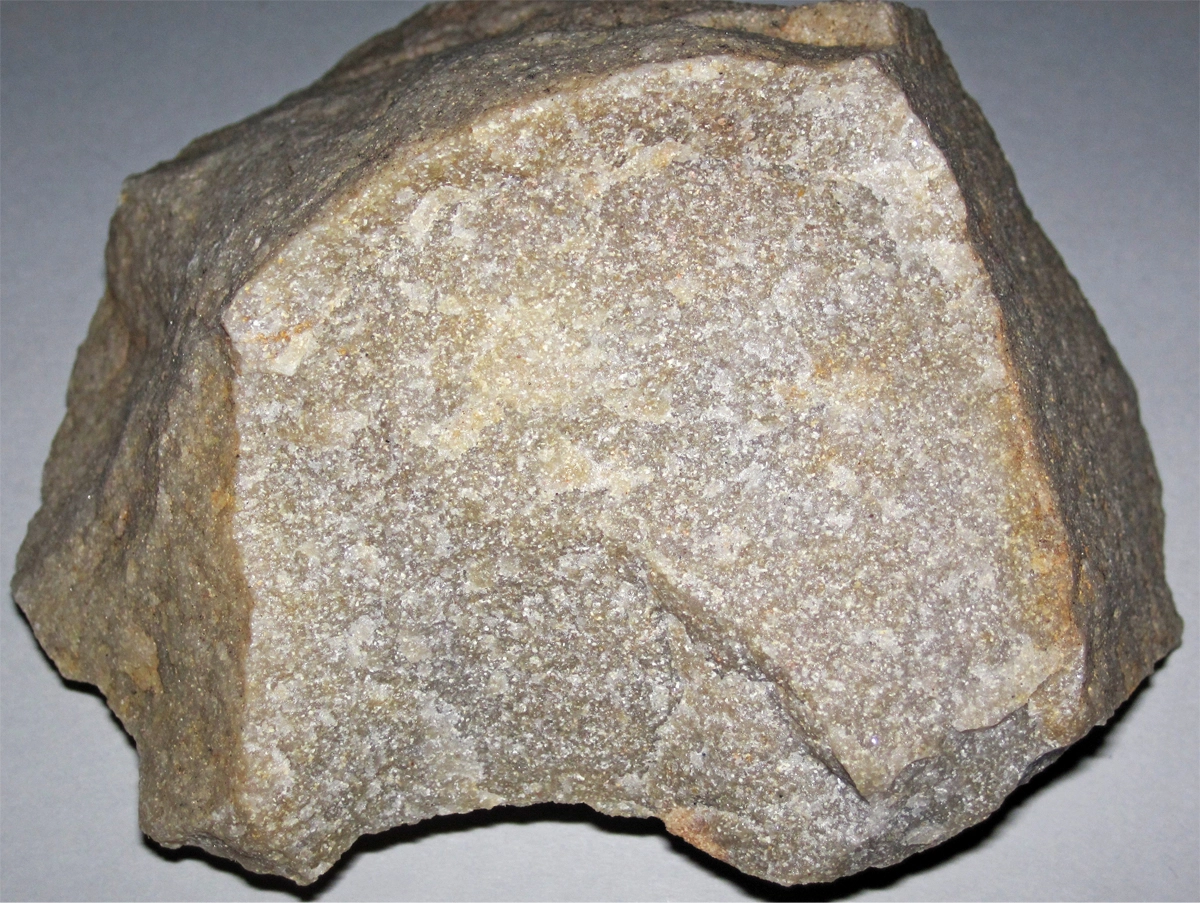Properties of Quartzite
Quartzite is a natural metamorphic rock formed from sandstone that has been subjected to high heat and pressure. It’s a hard, durable, and often glossy rock known for its beautiful patterns and colors. Quartzite is frequently used in construction, particularly for countertops, tiles, and decorative stone, due to its resistance to heat, abrasion, and a wide range of chemical substances.

The following table provides a list of quartzite properties in both SI and US customary/Imperial units at normal temperature and pressure (NTP).
Click on the button to switch between Metric and Imperial units.
| Physical Properties | Metric |
|---|---|
| Density | 2640 - 2730 kg/m3 |
| Porosity | 0.1 - 0.5% |
| Mechanical Properties | Metric |
| Young’s Modulus (E) | 56 - 79 GPa |
| Tensile Strength | 10 - 30 MPa |
| Compressive Strength | 25 - 315 MPa |
| Modulus of Rupture | 8 - 31 MPa |
| Hardness (Mohs) | 4 - 7 |
| Thermal Properties | Metric |
| Thermal Conductivity | 2.92 - 8.04 W/m·K |
| Specific Heat Capacity (Cp) | 698 - 1105 J/kg·K |
| Coefficient of Thermal Expansion (αL) | 1.6×10-56 - 2.0×10-5 1/°C |
Unless stated otherwise, all values are taken at room temperature (approximately 20°C or 68°F) and 1 atm pressure. (1 atm = 101,325 Pa)
References: 1) Cardarelli, François. Materials Handbook: A Concise Desktop Reference. Switzerland: Springer International Publishing, 2018. 2) CRC Handbook of Chemistry and Physics, 97th Edition. United Kingdom: CRC Press, 2016-2017. 3) A.M. Howatson, P.G. Lun, J.D. Todd, P.D. Engineering Tables and Data. United Kingdom: University of Oxford, Department of Engineering Science, 2009. 4) Stone: Building Stone, Rock Fill and Armourstone in Construction. United Kingdom: Geological Society, 1999.
